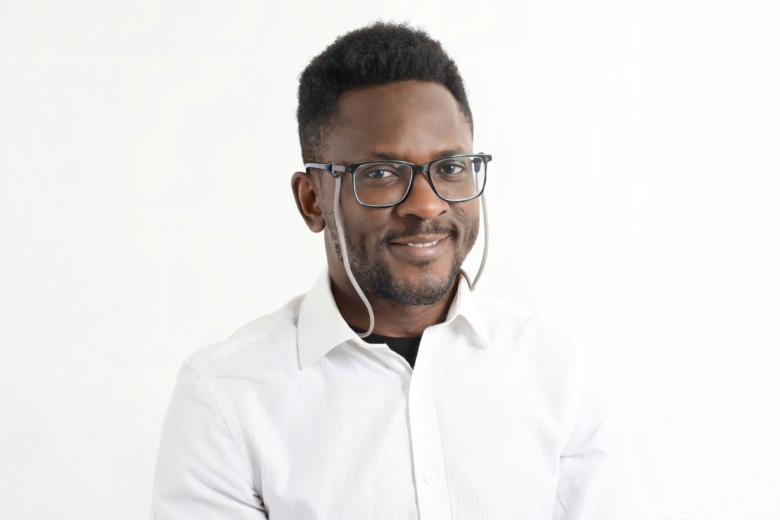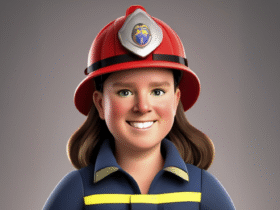The quiet ways we comfort ourselves during stress have long eluded scientific measurement. Now, researchers have unveiled a trailblazing psychological tool that sheds light on how we cope with life’s challenges. The Self-Comforting and Coping Scale (SCCS), developed by Dr. Kennedy Oberhiri Obohwemu, finally provides mental health professionals with a comprehensive framework for measuring those little self-soothing behaviors we all rely on during tough times.
Published in the Global Journal of Humanities and Social Sciences, the SCCS breaks new ground by identifying and measuring 13 distinct dimensions of self-comforting behaviors. These range from cognitive reframing and mindfulness to goal adjustment and self-compassion – practices that, until now, have largely flown under the radar of psychological research despite their everyday importance in our lives.
“Self-comforting is an overlooked but fundamental dimension of coping,” says Dr. Obohwemu, who developed this innovative tool. A Nigeria-born medical doctor now teaching in the UK, Obohwemu speaks with evident passion about his work: “With the SCCS, we’re not just measuring behavior—we’re fundamentally redefining how we understand emotional self-regulation and psychological resilience.”
The research, detailed further on ResearchGate, introduces a fascinating new theoretical framework called the Self-Comforting and Coping Theory (SCCT). This theory suggests something many of us have intuitively sensed: people who actively engage in self-comforting practices tend to handle stress better and show greater psychological resilience over time.
The practical applications of the SCCS are surprisingly wide-ranging. Clinical psychologists can use it to distinguish between helpful and potentially harmful self-comforting strategies. Meanwhile, in schools and workplaces, the scale offers a practical way to identify effective self-soothing strategies that could help prevent burnout and promote emotional wellbeing among students and employees.
The scale is already finding practical applications in educational settings. A new study across multiple UK university campuses is testing how self-comforting practices like mindfulness and meditation might help students cope with academic challenges and failures. The research aims to give students better tools for managing stress and building resilience when facing poor grades or other academic setbacks.
Behind the scenes, Dr. Obohwemu and his team put the scale through its paces with a rigorous validation process. This included everything from literature reviews and expert consultations to focus group feedback and pretesting. The results were compelling: the scale showed robust psychometric properties with strong content and face validity, essentially confirming that it measures what it claims to measure, and does so reliably.
As things push forward, the research team isn’t resting on their laurels. They’re planning to expand the scale’s applications across different populations and conduct long-term studies to further validate its effectiveness. There’s also work underway to ensure the SCCS remains relevant across various cultural contexts – an essential consideration in our increasingly connected world.
For those interested in learning more about this innovative tool and its ongoing development, detailed information is available at TheScoreStudy.com.












